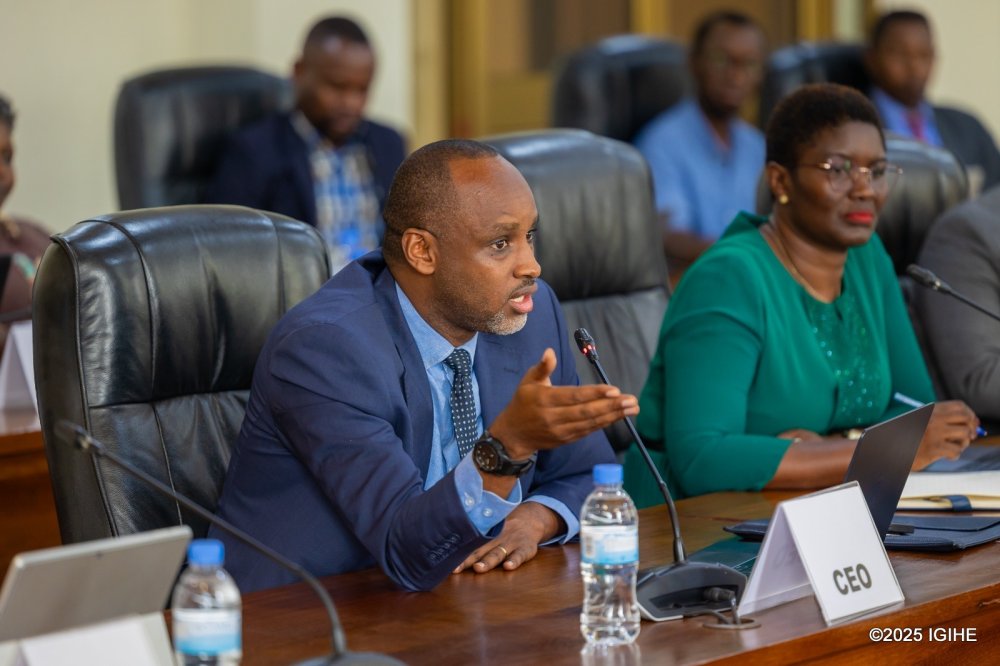The government is seeking alternative ways to recover a Rwf 2.9 billion debt owed by Africa Investment Smart Distribution (ASID), a company that previously won a major contract to distribute Positivo BGH laptops to schools across Rwanda but later failed to reimburse the government as agreed.
According to the latest Auditor General’s report for the fiscal year ending in June 2024, ASID has yet to settle the full debt incurred from the distribution of laptops under the government-backed program.
The company was supposed to pay for the devices, but financial and operational challenges prevented timely repayment.
To resolve the issue, the Rwanda Information Society Authority (RISA) has proposed a new repayment model: allowing ASID to undertake ICT-related government projects, with the value of the services rendered deducted from the debt.
RISA Chief Executive Officer Innocent Muhizi, while appearing before the Public Accounts Committee (PAC) on July 7, 2025, confirmed that ASID has started making partial payments, but at a sluggish pace.
Only Rwf 3 million has been paid so far, prompting concerns over whether the company will meet its obligations within the original timeframe.
He stated that they are paying very slowly, which is why RISA suggested that ASID execute various ICT services for the government and deduct the cost from what they owe.
He acknowledged that while the original debt exceeded Rwf 3.5 billion, it currently stands at Rwf 2.9 billion, with a new repayment timeline under consideration since the current pace makes it unlikely the debt will be cleared in 2025.
Lawmakers expressed skepticism.
MP Eugene Mussolini pointed out that ASID had committed to settling the debt by the end of 2025, yet has only paid a tiny portion.
PAC Chairperson Valens Muhakwa also raised doubts about the company’s capacity to deliver all the work that would be assigned under the proposed model.
While RISA insists ASID has the technical ability to carry out ICT projects, MPs warned against circumventing proper procurement procedures.
Mussolini emphasized the need for competitive and transparent tendering processes, saying that they are not rejecting ASID’s services, but in the interest of fairness and transparency, the government must open the door to all capable providers, not just rely on one that has already failed to pay its dues.
The case illustrates a broader issues around contract enforcement, debt recovery, and ethical procurement in public sector projects.
